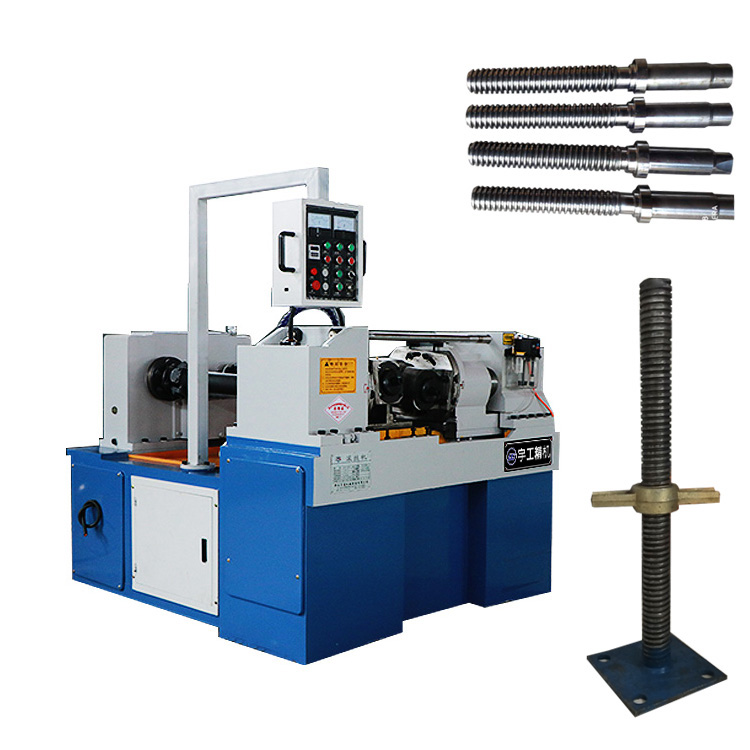
-
 Afrikaans
Afrikaans -
 Albanian
Albanian -
 Amharic
Amharic -
 Arabic
Arabic -
 Armenian
Armenian -
 Azerbaijani
Azerbaijani -
 Basque
Basque -
 Belarusian
Belarusian -
 Bengali
Bengali -
 Bosnian
Bosnian -
 Bulgarian
Bulgarian -
 Catalan
Catalan -
 Cebuano
Cebuano -
 Corsican
Corsican -
 Croatian
Croatian -
 Czech
Czech -
 Danish
Danish -
 Dutch
Dutch -
 English
English -
 Esperanto
Esperanto -
 Estonian
Estonian -
 Finnish
Finnish -
 French
French -
 Frisian
Frisian -
 Galician
Galician -
 Georgian
Georgian -
 German
German -
 Greek
Greek -
 Gujarati
Gujarati -
 Haitian Creole
Haitian Creole -
 hausa
hausa -
 hawaiian
hawaiian -
 Hebrew
Hebrew -
 Hindi
Hindi -
 Miao
Miao -
 Hungarian
Hungarian -
 Icelandic
Icelandic -
 igbo
igbo -
 Indonesian
Indonesian -
 irish
irish -
 Italian
Italian -
 Japanese
Japanese -
 Javanese
Javanese -
 Kannada
Kannada -
 kazakh
kazakh -
 Khmer
Khmer -
 Rwandese
Rwandese -
 Korean
Korean -
 Kurdish
Kurdish -
 Kyrgyz
Kyrgyz -
 Lao
Lao -
 Latin
Latin -
 Latvian
Latvian -
 Lithuanian
Lithuanian -
 Luxembourgish
Luxembourgish -
 Macedonian
Macedonian -
 Malgashi
Malgashi -
 Malay
Malay -
 Malayalam
Malayalam -
 Maltese
Maltese -
 Maori
Maori -
 Marathi
Marathi -
 Mongolian
Mongolian -
 Myanmar
Myanmar -
 Nepali
Nepali -
 Norwegian
Norwegian -
 Norwegian
Norwegian -
 Occitan
Occitan -
 Pashto
Pashto -
 Persian
Persian -
 Polish
Polish -
 Portuguese
Portuguese -
 Punjabi
Punjabi -
 Romanian
Romanian -
 Russian
Russian -
 Samoan
Samoan -
 Scottish Gaelic
Scottish Gaelic -
 Serbian
Serbian -
 Sesotho
Sesotho -
 Shona
Shona -
 Sindhi
Sindhi -
 Sinhala
Sinhala -
 Slovak
Slovak -
 Slovenian
Slovenian -
 Somali
Somali -
 Spanish
Spanish -
 Sundanese
Sundanese -
 Swahili
Swahili -
 Swedish
Swedish -
 Tagalog
Tagalog -
 Tajik
Tajik -
 Tamil
Tamil -
 Tatar
Tatar -
 Telugu
Telugu -
 Thai
Thai -
 Turkish
Turkish -
 Turkmen
Turkmen -
 Ukrainian
Ukrainian -
 Urdu
Urdu -
 Uighur
Uighur -
 Uzbek
Uzbek -
 Vietnamese
Vietnamese -
 Welsh
Welsh -
 Bantu
Bantu -
 Yiddish
Yiddish -
 Yoruba
Yoruba -
 Zulu
Zulu
Top Recommendations for Effective Thread Rolling Machines and Their Applications in Industry
The Best Types of Thread Rolling Machines A Comprehensive Overview
Thread rolling is an essential manufacturing process used to create threads on metal fasteners and components. Unlike traditional cutting methods, thread rolling displaces material to form threads, leading to stronger and more precise results. Choosing the right type of thread rolling machine is crucial for optimizing production efficiency and product quality. In this article, we'll explore the best types of thread rolling machines and their unique advantages.
1. Flat Die Thread Rolling Machines
Flat die thread rolling machines are among the most common types used in various industries. This type utilizes two flat dies to compress the workpiece, creating threads through a rolling action. One of the primary advantages of flat die machines is their ability to handle larger workpieces and produce a wide range of thread sizes. They are particularly well-suited for making external threads on fasteners such as bolts and screws. Moreover, their ease of operation and efficient production speed make them a preferred choice for high-volume manufacturing environments.
2. Planetary Thread Rolling Machines
Planetary thread rolling machines represent a more advanced technology in thread rolling. These machines feature multiple rolls that move in a planetary motion, enabling them to produce both internal and external threads with exceptional precision. One of the standout benefits of planetary machines is their ability to reduce material waste while enhancing the strength of the threads produced. This type of machine is ideal for manufacturers looking to produce complex and intricate thread designs, making them suitable for applications in the automotive and aerospace industries.
3. Reciprocal Thread Rolling Machines
best types of thread rolling machine

Reciprocal thread rolling machines operate through a back-and-forth motion, featuring two rotary rollers that engage the workpiece. This design allows for greater control over the rolling process, resulting in high-quality thread formation. Reciprocal machines excel in producing short, fine threads, making them suitable for threading small components such as screws and nuts. They are also known for their versatility, as they can be adjusted to accommodate various thread profiles and sizes, appealing to manufacturers with diverse product portfolios.
4. Multi-Station Thread Rolling Machines
For manufacturers aiming to maximize productivity, multi-station thread rolling machines offer significant advantages. These machines can simultaneously roll multiple parts, dramatically increasing output without sacrificing quality. The multi-station design is particularly advantageous for mass production settings, where consistency and speed are paramount. Additionally, they can be integrated with automated feeding systems to streamline the overall manufacturing process, reducing labor costs and cycle times.
5. CNC Thread Rolling Machines
With the advancing technology in manufacturing, CNC (Computer Numerical Control) thread rolling machines have emerged as a game changer. These machines provide superior automation, allowing for precise control over the rolling process. CNC machines can easily be programmed to produce a wide range of thread sizes and profiles, making them highly adaptable to changing production needs. Their ability to minimize human error ensures high-quality threads with consistent specifications, making them an ideal choice for industries requiring stringent quality standards.
Conclusion
Selecting the right type of thread rolling machine is critical for achieving optimal efficiency and quality in production processes. Flat die, planetary, reciprocal, multi-station, and CNC thread rolling machines each offer unique benefits tailored to different manufacturing needs. As industries evolve and demand for precision-engineered components continues to rise, investing in the appropriate thread rolling technology can significantly enhance manufacturing capabilities and ensure competitiveness in the market. Whether for small-scale operations or large-scale production, understanding the different types of thread rolling machines is essential for manufacturers looking to optimize their processes and deliver superior products.
